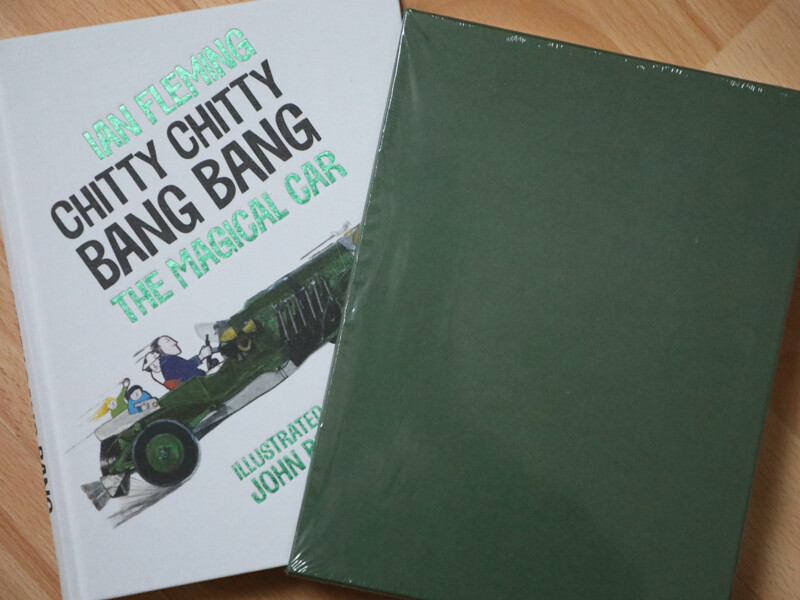
Fine presses, private presses and small presses vary from traditional publishing houses because of their size, scope and intention. Books produced by these publishers are often adored by collectors who desire books that are not run-of-the-mill.
Small press
A small press is any publishing house that publishes a small number of titles annually and operates on a small annual budget. The exact number of books and exact budget that make up the word ‘small’ is often a matter of personal preference but a good rule of thumb is if you can count their annual titles on two hands and the press itself is not funded by a larger parent company then you are probably looking at a small press.
Small presses often work in distinct literary niches that are neglected by major publishing houses such as poetry, genre fiction or specialized non-fiction areas. Small presses are famous for providing avant-garde authors with exposure and gambling on ‘alternative’ writers that would not appeal to a mainstream audience. Examples of small press include Arkham House, Melville House Publishing and Copper Canyon Press.
Fine press
A fine press is a type of publisher that produces books of a high intrinsic and artistic quality. A fine press will often publish books in limited edition, include additional illustrations from a famous artist, use higher quality paper, or employ a famous bookbinder for their volumes. The distinguishing difference between a fine press and a small press is the fine presses’ commitment to fine printing and superior quality. Examples of fine presses include the Folio Society, Gregynog Press and Arion Press.
Private press
This is type of small press that is most often operated as an artistic or craft-based venture rather than a purely commercial business. Private press is often a term used to describe the English Arts and Crafts movement of the 19th and 20th centuries under the influence of William Morris whose Kelmscott Press aimed to return publishing to its medieval roots and away from the cheap mechanization of the Industrial Revolution. Examples of private presses include Roycroft Press and Nonesuch Press.